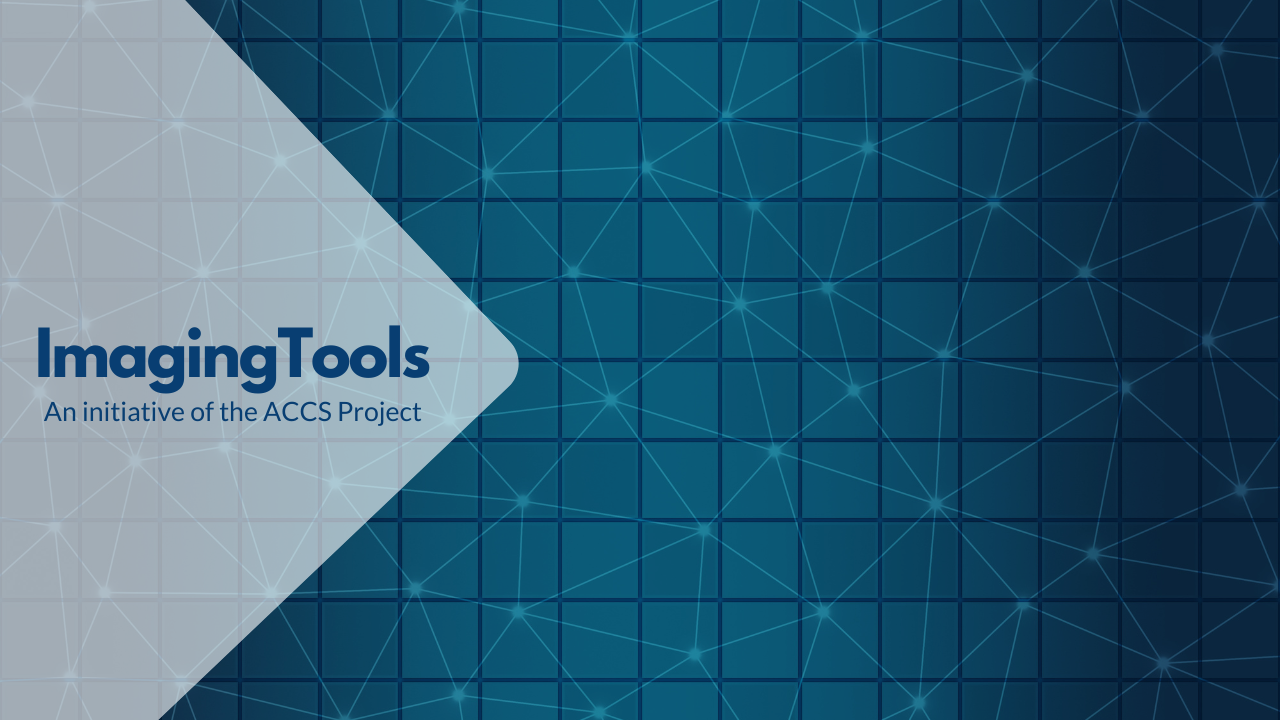Keywords: National Research Infrastru... or Science or passive acoustic monitoring or research software or scattering
-

The Australian Characterisation Commons at Scale (ACCS) Project
ImagingTools: helping researchers find and access digital characterisation resources, including...
0 upcoming event (15 past event)The Australian Characterisation Commons at Scale (ACCS) Project https://www.imagingtools.au https://dresa.org.au/content_providers/the-australian-characterisation-commons-at-scale-accs-project ImagingTools: helping researchers find and access digital characterisation resources, including online environments, computing facilities, data, training and events. /system/content_providers/images/000/000/016/original/Minimal_Modern_Elegant_Background_Technology_Youtube_Thumbnail_%285%29.png?1671146621 -

Open Ecoacoustics
A Planet RDC project, the vision of Open Ecoacoustics is to enable open science and conservation...
6 training materialOpen Ecoacoustics https://openecoacoustics.org/ https://dresa.org.au/content_providers/open-ecoacoustics A Planet RDC project, the vision of Open Ecoacoustics is to enable open science and conservation through the development and promotion of open access ecoacoustics technologies, methodologies and standards. We provide a dedicated ecoacoustics platform that is open to everyone, so that it can aggregate and share data, analyses and tools, and interoperate with downstream services. We support FAIR data by developing standardised metadata and third party analyses by moving to flexible workflow technologies (PBS, docker). We accelerate data analysis by publishing a shared repository of annotated datasets and recognisers. We interface to other systems, including TERN, ALA, EcoCommons and citizen science sites, through services and shared tools. /system/content_providers/images/000/000/035/original/Open_Ecoacoustics_logo.png?1712032933 -

Atlas of Living Australia
The Atlas of Living Australia (ALA) is a collaborative, digital, open infrastructure that pulls...
0 upcoming event (1 past event)Atlas of Living Australia https://www.ala.org.au/ https://dresa.org.au/content_providers/atlas-of-living-australia The Atlas of Living Australia (ALA) is a collaborative, digital, open infrastructure that pulls together Australian biodiversity data from multiple sources, making it accessible and reusable. The ALA helps to create a more detailed picture of Australia’s biodiversity for scientists, policymakers, environmental planners and land managers, industry and the general public and enables them to work more efficiently. The ALA is the Australian node and a full voting member of GBIF – the Global Biodiversity Information Facility – an international network and data infrastructure funded by the world’s governments and aimed at providing anyone, anywhere, open access to data about all types of life on Earth. /system/content_providers/images/000/000/017/original/ALA_Logo_Inline_CMYK.jpg?1652413583 -

Astronomy Data And Computing Services (ADACS)
Our Vision is to provide astronomy-focused training, support and expertise to allow astronomers...
Astronomy Data And Computing Services (ADACS) https://www.adacs.org.au https://dresa.org.au/content_providers/astronomy-data-and-computing-services-adacs Our Vision is to provide astronomy-focused training, support and expertise to allow astronomers to maximise the scientific return from data and computing infrastructure. ADACS is delivered jointly by Swinburne University of Technology, Curtin University, and Macquarie University. ADACS is funded under Astronomy National Collaborative Research Infrastructure Strategy (NCRIS) Program via Astronomy Australia Ltd (AAL). /system/content_providers/images/000/000/033/original/ADACSLogo.png?1708671870